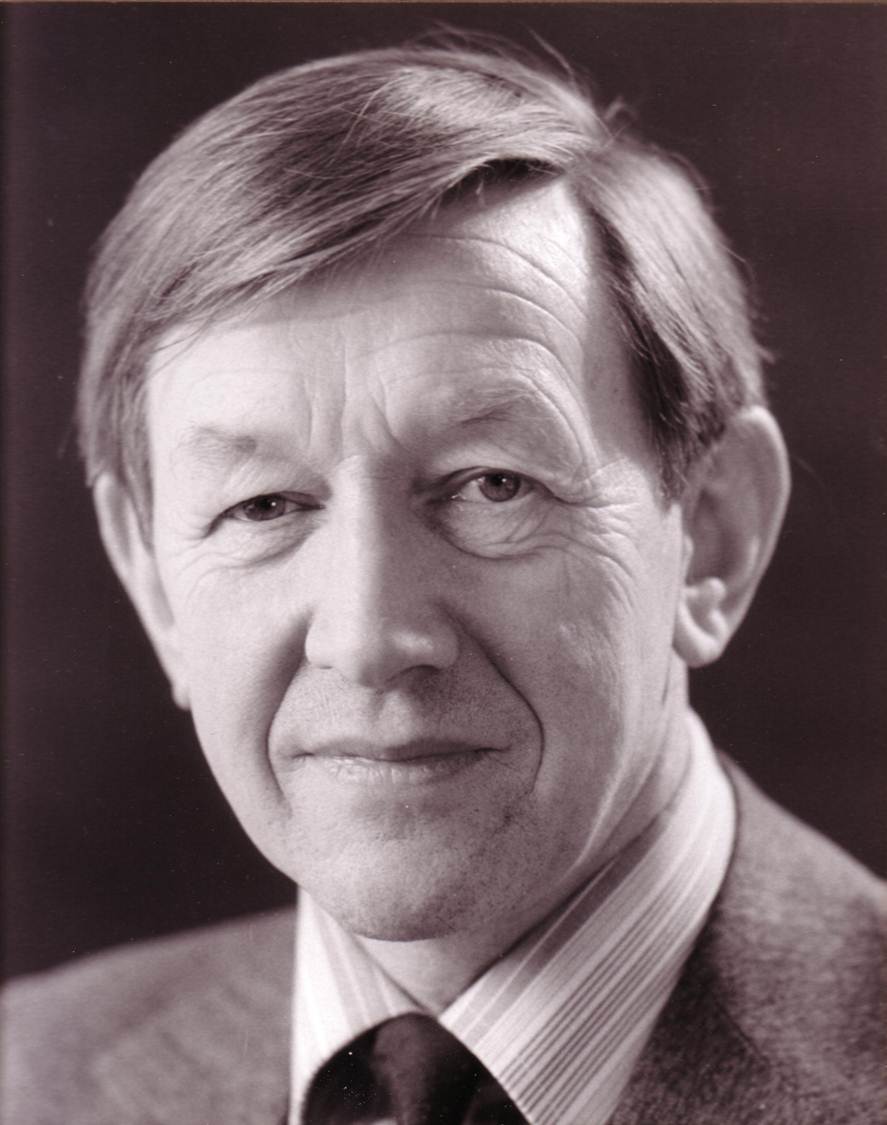
Professor Sir Pat Forrest, who founded the Scottish Cancer Foundation along with Professor John Evans, died at the age of 98 on August 7, 2021. He was truly one of the giants of 20th century surgery, and his contributions to the management of breast cancer were unparalleled. Not only did he carry out several seminal clinical trials in the treatment of the disease, through his research and the subsequent “Forrest Report” he was responsible for the introduction of breast cancer screening to the NHS in 1988. Perhaps even more importantly, however, he recognised the benefit to patients from site-specific specialization in cancer treatment. At the outset of his career, breast cancer was firmly in the domain of the general surgeon; by the end it was a disease treated only by specialists, and in recent years this trend has extended to many other cancer types. As a result of the combination of screening and specialist care, the outcome for women with breast cancer has been transformed and it is no longer a disease to be feared as it was in the past.
Brought up in Dundee as a son of the Manse, he graduated in medicine from St Andrews University where he won the Gold Medal in 1945. After a period of national service in the RNVR, he spent time in Rochester, Minnesota as a Mayo Clinic Fellow, and then worked as a Senior Lecturer in Surgery to Professor Charles Illingworth at the Western Infirmary in Glasgow. His first Chair was at the University of Wales Medical School in Cardiff, and in 1971 he was appointed as the Regius Professor of Clinical Surgery at the University of Edinburgh. Here he focused on breast cancer treatment, establishing a specialist breast unit at the Longmore Hospital in Newington which subsequently re-located to the Western General Hospital.
He had a truly international impact, retaining and establishing many contacts in the United States, and he had close links with the Chinese University in Hong Kong where he initiated a lecturer exchange programme from which many young British surgical trainees greatly benefited. For many years he ran an annual Edinburgh Surgical Festival, a “no holds barred” meeting for academic surgeons from across the world and he always picked a stimulating and controversial faculty. Attendance at this meeting was greatly sought after and being asked to deliver a lecture was a prized honour. After retirement in 1990 he worked for three years at the International Medical College in Kuala Lumpur where he was instrumental in introducing breast screening.
Although work was his main driver, he did have interests outside of surgery. As befitted his ecclesiastical upbringing, he was an elder at St Giles Cathedral for many years and was a great supporter of the Church of Scotland. He played golf enthusiastically and he kept a yacht at Port Edgar which he would take on to the Firth of Forth as often as possible – usually with one or more of his research fellows as crew.
In 1955 he married Margaret Hall, who died in childbirth in 1961, and in 1964 he married Margaret Steward, an Australian dietitian whom he met on a visit to the metabolic unit in Cleveland, Ohio. He is survived by Margaret and his three children Susan, David and Anne.
Although a great champion of screening for breast cancer and dedicated to the treatment of the disease, he was always very clear that prevention was the highest aim. His vision for the Scottish Cancer Foundation was for it to address the high incidence and poor outcomes of cancer in the Scottish population, and the charity remains true to that vision, focusing as it does on cancer prevention.

